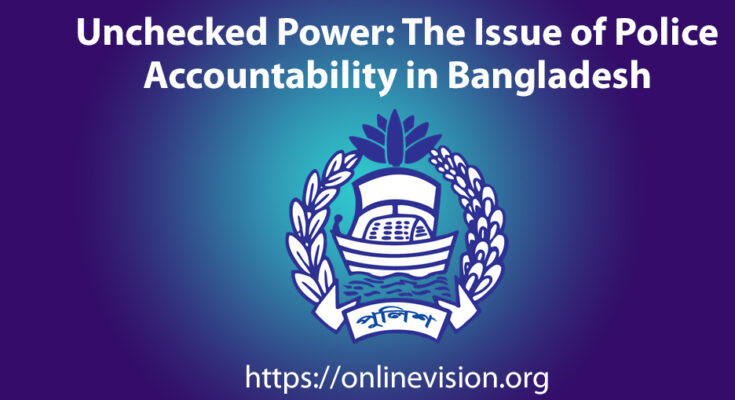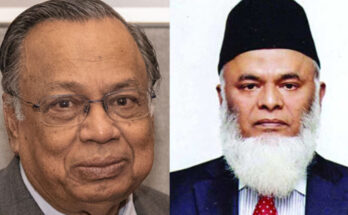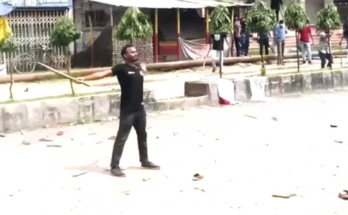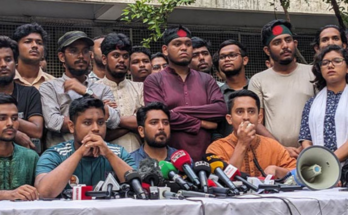Introduction
In Bangladesh, allegations of police misconduct and abuse of power are not uncommon. Reports frequently surface of arbitrary arrests, inhumane torture to extract confessions, enforced disappearances, and extrajudicial killings. Despite these serious accusations, accountability mechanisms for the police remain weak, often leading to a culture of impunity.
Arbitrary Arrests and Torture
Police in Bangladesh have been known to arrest individuals without warrants and detain them without following due process. According to multiple human rights organizations, individuals are often subjected to severe torture to force confessions for crimes they did not commit. This torture can include physical abuse, psychological pressure, and other inhumane treatment.
Such practices violate several provisions of Bangladeshi law, including the Constitution of Bangladesh, which guarantees protection from torture and cruel, inhuman, or degrading treatment (Article 35). Additionally, the Code of Criminal Procedure, 1898, mandates specific procedures for arrests and detentions that are often ignored.
Enforced Disappearances
The intelligence wing of the police, along with other law enforcement agencies, has been implicated in enforced disappearances. In many reported cases, individuals are taken from their homes by plainclothes officers and subsequently disappear. When families inquire about their whereabouts, the police and other authorities often deny any involvement.
These enforced disappearances are grave violations of human rights and contravene international human rights treaties to which Bangladesh is a party, such as the International Covenant on Civil and Political Rights (ICCPR).
Extrajudicial Killings
It is not uncommon for the bodies of those who have disappeared to be found days later, often showing signs of torture. In some cases, individuals are brought to court after several days of detention and then remanded back into police custody, where the abuse continues.
Extrajudicial killings and “crossfire” deaths, where police claim victims were killed in shootouts while in custody, have been documented extensively by human rights groups. These actions not only flout Bangladeshi law but also violate international human rights standards.
Lack of Accountability
Despite these serious allegations, police officers rarely face accountability for their actions. The government has provided the police with a degree of unwritten immunity, protecting them from prosecution or disciplinary action. When complaints are made against the police, the government often supports the police force, ignoring calls for impartial investigations.
This lack of accountability is facilitated by a weak legal framework and the absence of independent oversight mechanisms. The Police Act of 1861, which governs police operations, is outdated and does not provide adequate provisions for accountability.
Legal Framework and Needed Reforms
To address these issues, significant legal and institutional reforms are necessary. These could include:
– Updating the Police Act: Modernizing the legal framework to include stringent accountability measures.
– Independent Oversight: Establishing independent bodies to investigate complaints against police misconduct.
– Judicial Reforms: Strengthening the judiciary to ensure it can act independently and hold police accountable.
– Training and Education: Providing comprehensive training to police officers on human rights and proper procedures for arrests and interrogations.
Conclusion
The unchecked power of the police in Bangladesh poses a significant threat to the rule of law and human rights. Without substantial reforms and effective oversight, the cycle of abuse and impunity is likely to continue. Ensuring police accountability is crucial for upholding justice and protecting the rights of all citizens.
—
References
2. Code of Criminal Procedure, 1898
3. Human Rights Watch on Bangladesh




